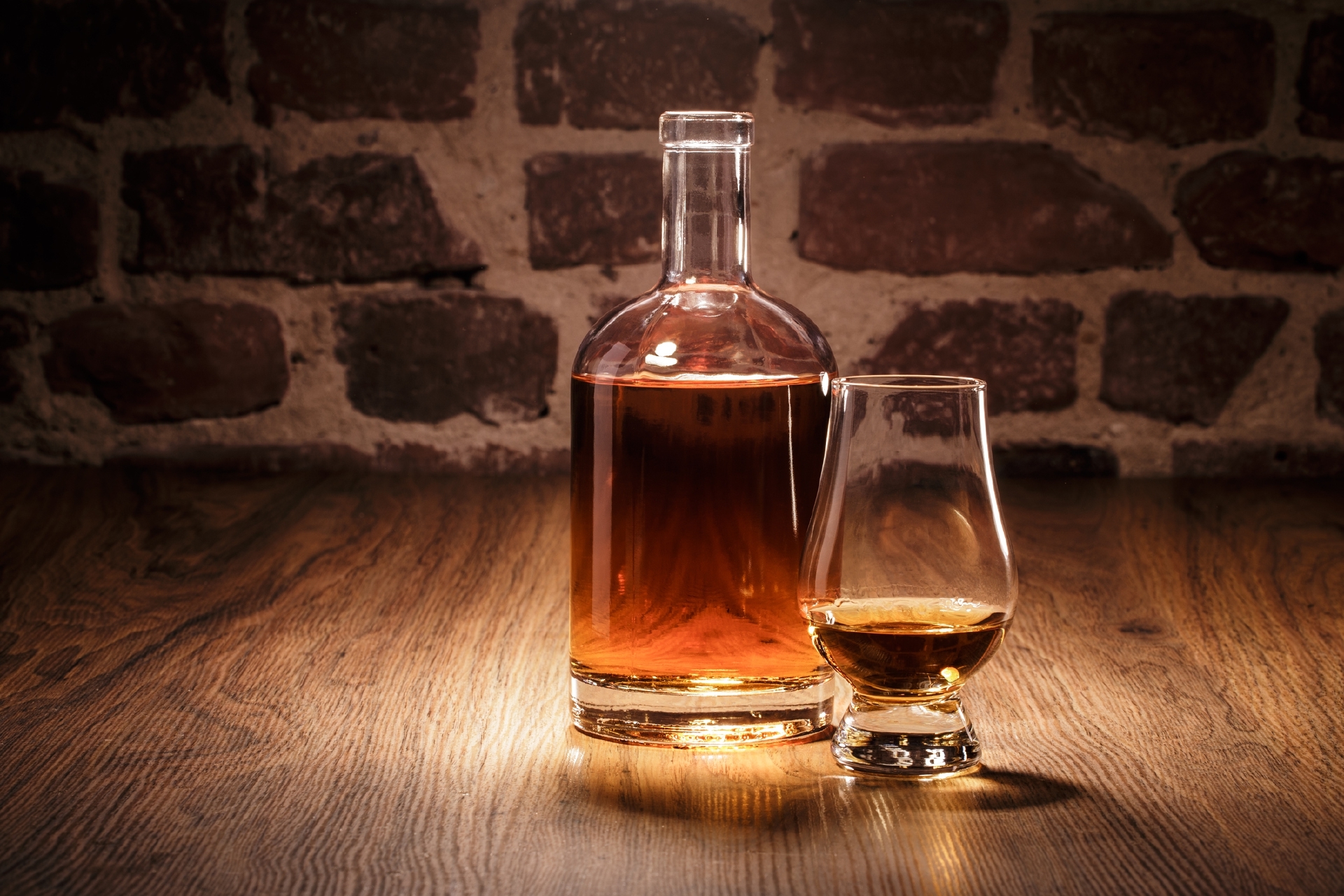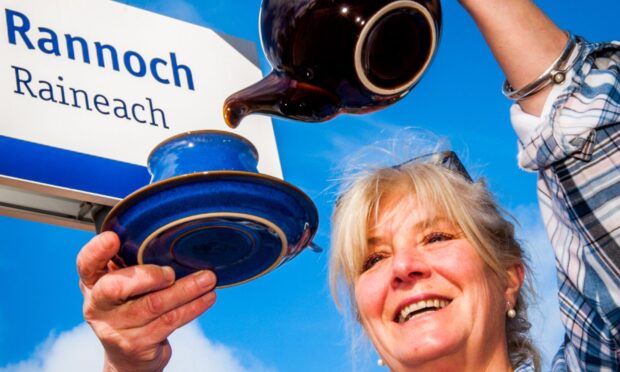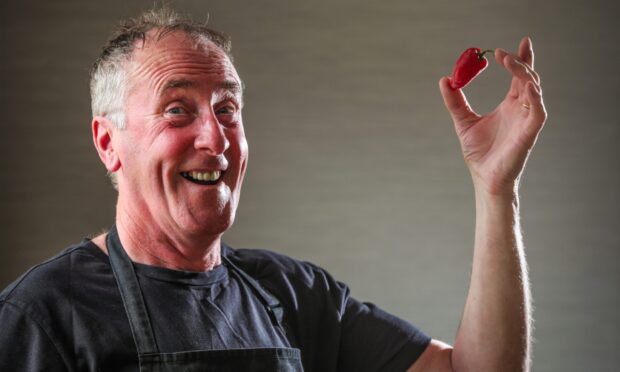On the whole, I try to avoid politics in Amber Lights but every now and again, politics creep in, in this instance thanks to President Donald Trump.
One of his constant gripes is how other countries trade unfairly with the US and how cheap imports are crippling and closing down US industries. Ironically, the problem stems mainly from US corporations that manufacture their products cheaply in China or elsewhere, then import them into the States. Bluntly, his problem lies more at home than abroad.
Anyway, one current gripe is that American whiskies have to be three years old before they can be sold in the EU, whereas they can be sold aged two years in the States. This is “a restrictive practice” against US whiskies, putting bourbon and other distillers at a disadvantage. It’s also claimed US whiskies mature more quickly than those over here, and therefore should be allowed into Europe at two years.
Interestingly, the three-year maturation rule was hatched by Scotch distillers and the British Government in 1915 as a trade-off to limit draconian controls on drinking sought by David Lloyd-George. It was thought “raw spirits” made people drunk and aggressive quickly, whereas less fiery older spirits did not. Although there’s scant scientific evidence to back the theory, there’s no doubt older whiskies do taste smoother and better and the three-year rule has stood the test of time.
As Ireland was then still part of the UK, the new law applied there, too. Irish distillers have since generally adhered to the three-year rule and one can assume Europe’s competition and trade authorities agreed with it and saw no reason to change it.
Scotch and Irish whiskies exported to the US are at least three years old and are still able to compete against bourbons and other American whiskies. Indeed, Americans are the world’s biggest drinkers of older Scotch blends and malts and are prepared to pay for them.
The fact is, if you want to sell a product in a certain country or trade bloc, you must somehow ensure it meets their rules and norms. A US-bound bottle of whisky will be a different size and have different labelling to one sold in the UK. But such details are doubtless beyond Donald’s ken.










